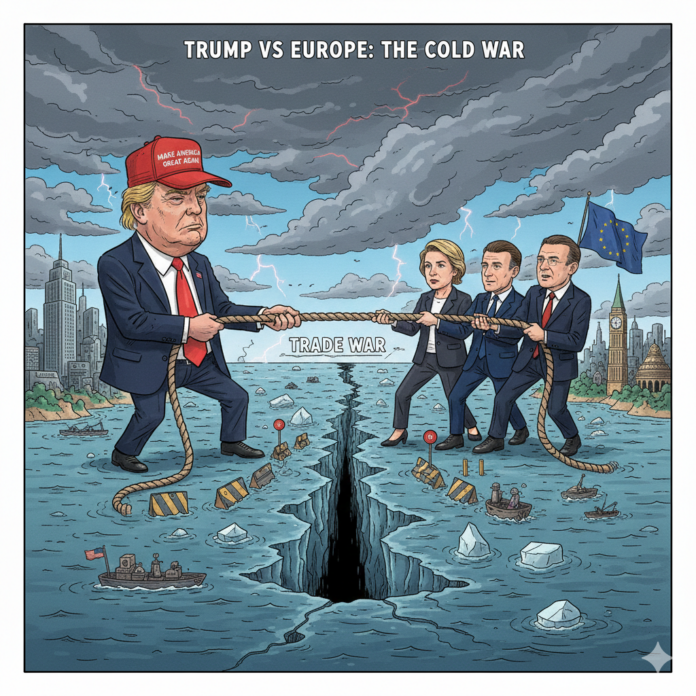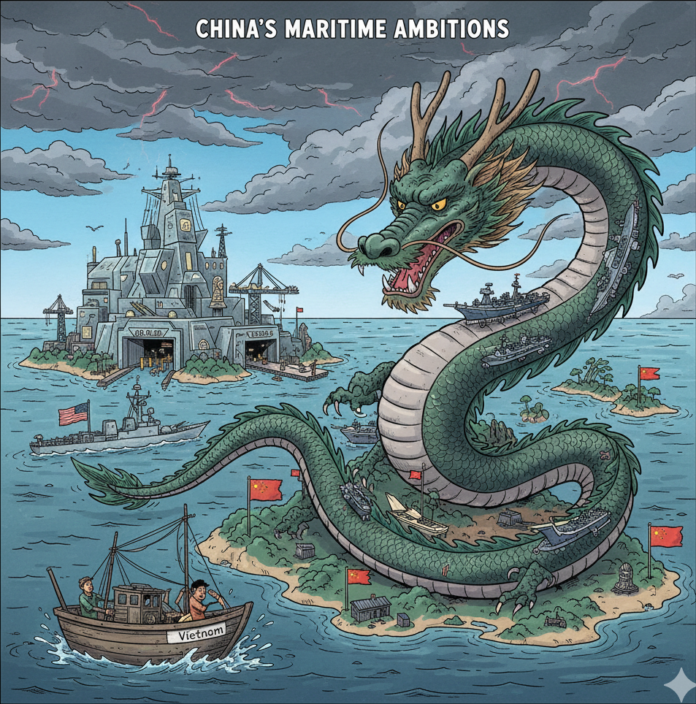In a recent interview with Russian TV, Belarusian President Alexander Lukashenko made a startling claim, suggesting that Western countries may openly join the conflict in Ukraine, and that Kiev could provoke Moscow into using nuclear weapons.
Lukashenko warned that NATO troops could enter the battlefield unit by unit, escalating the already tense situation in the region. This comes as tensions between Russia and Ukraine have been mounting in recent months, with both sides accusing each other of aggression and seeking to escalate the conflict.
The Belarusian leader’s comments raise serious concerns about the potential for a wider war in Europe, and the possibility of nuclear weapons being used in the conflict. The situation in Ukraine is already volatile, with Russian troops massed on the border and fighting ongoing in the eastern regions of the country. Any escalation of the conflict could have devastating consequences for the region and the world at large.
Lukashenko’s comments come at a time when Russia and the West are locked in a bitter confrontation over Ukraine, with both sides accusing each other of interference in the country’s affairs. The situation is further complicated by the ongoing conflict in Belarus, where Lukashenko has faced widespread protests and international condemnation for his crackdown on dissent.
The international community must work to de-escalate the situation in Ukraine and prevent a wider conflict from erupting. It is imperative that all parties involved in the conflict engage in dialogue and diplomacy to find a peaceful resolution to the crisis. The use of nuclear weapons in any conflict must be unequivocally condemned, as the consequences would be catastrophic for all involved.
As tensions continue to rise in Ukraine and the surrounding region, it is crucial that the international community remains vigilant and works to prevent any further escalation of the conflict. The stakes are high, and the consequences of inaction could be dire. It is imperative that all parties involved in the conflict prioritize diplomacy and dialogue in order to prevent a wider war and ensure the safety and security of the region.




